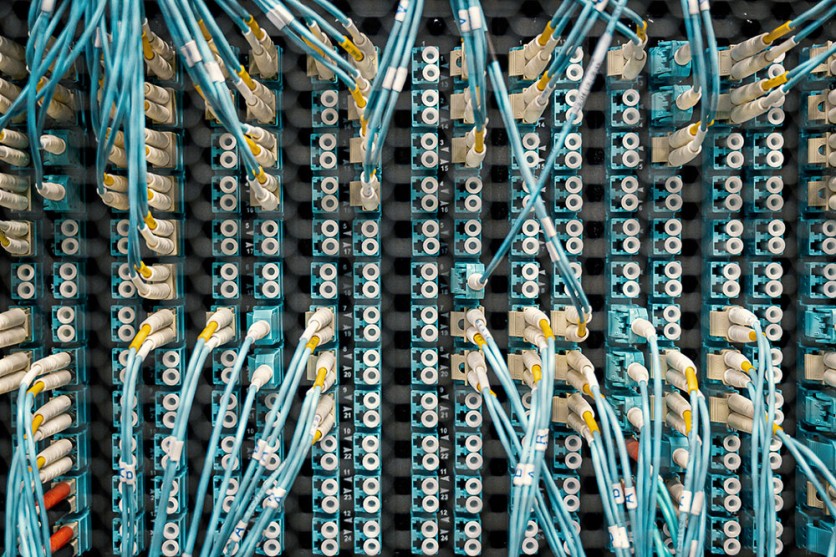Japan researchers pushed the internet speed limit via optical fiber connection, beating the former world record of 178 terabits per second or Tbps.

Just when you thought that an internet seamlessly streaming an ultra high definition video and letting you play video games uninterrupted is the ideal speed, engineers in Japan attempted to go faster than the previous record-holder -- which is still far from the connection that most have at their homes.
The new record that Japan has achieved is far from the average internet speed in the United States.
A High Speed Internet published research revealed that the median connection performance in American households is only 42.86 Mpbs.
It is worth noting that states such as Maryland and Delaware have average speeds of 84.1 Mbps and 80.9 Mbps, respectively.
Nevertheless, the median data for the whole country slightly became lower due to states like Alaska and Montana, which only averaged at 20.6 and 30.1 Mbps.
Nonetheless, their numbers are still distant from the whopping speeds that Japan recently recorded.
Japanese Researchers and Internet Speed Record
As per Yahoo, a group of engineers from the National Institute of Information Communication Technology (NICT) in Japan broke the internet speed record after achieving a whopping 319 Tbps.
The Japanese researchers maintained impressive speeds, albeit the long distance of up to 1,865 or 3.001 km, which means that the internet was stable at 319 Tbps.
Internet Speed Record: Previous Holder
To be specific, the Japanese engineers toppled the internet speeds of another group of engineers from the University College London (UCL).
It is to note that the UCL broke the previous record that the NICT of Japan also achieved, which only boasted 172 Tbps.
So, the recent achievement of the Japanese engineers paved the way for them to redeem the record they once prided as theirs.
Japan Internet Speed Record: How Did They Do It?
PCMag wrote that such marvelous achievement is not possible without the impressive engineering behind it.
That said, the Japanese engineers had to utilize an optical fiber that has a four-core.
The researchers also unveiled that aside from that, they also paired it with "552 PDM-16QAM and wavelength-division multiplexed channels." Not to mention that the engineers thought of including "erbium and thulium doped-fiber amplifiers and distributed Raman amplification."
Additionally, aside from the typical inclusion of C and L bands for long-haul communication networks, the fastest internet connection sported an S band.
All these technicalities helped the engineers from Japan achieve the fastest internet speed on Earth.
Notably, the technology that the Japanese researchers used for this project is compatible with the equipment that is currently being used. As such, deploying the same technology will not require an overhaul of the existing infrastructure. Thus, it will not be significantly expensive and labor-intensive to implement.
However, even though the current record is an impressive achievement already, the NICT engineers floated that they are meant to make it even faster, which they will work on.
Elsewhere, Starlink's update vows to reduce the internet delay of up to 20ms, which is best for competitive gaming online.
Meahwhile, if your internet still feel sluggish, here are some remedies you could try.
Related Article : Sparklight Cable, Internet is Down; Now Investigating Service Outage Says its Twitter Support
This article is owned by Tech Times
Written by Teejay Boris




